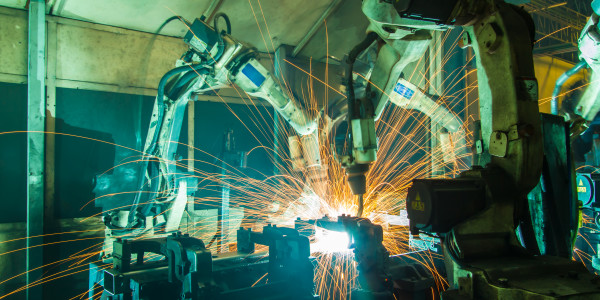It’s not that we don’t trust robots. We trust robots to build our cars and build our airplanes. We trust machines to assemble our hospital equipment and we trust computers to keep track of our medical records. However, there’s a limit to how much humans trust robots.
We’re wary of cars that drive themselves, and most people would never step foot on a plane without a human pilot. We trust surgeons to operate medical robots, but would you allow an autonomous robot to perform to your surgery? Would you open wide for a robot while sitting in the dentists’ chair for a routine cleaning, knowing that the dentist is looking at your file in the next room?
We know that robots are far more accurate, precise, and consistent than humans are, yet trusting robots to carry out certain tasks is too much to bear.
It’s not a matter of influence on our well-being. When you’re flying down the interstate in your vehicle, a defective component can be fatal, yet we trust robots to make our cars. However, sitting in the passenger seat, staring at the empty space behind the steering wheel as your car navigates along the highway at high speeds, is undoubtedly a recurring nightmare for some people.
The human-robot trust issues could just be a matter of how close we are to robot influence. We don’t have to think about how industrial robots assembled most of our vehicle, and how machines made most of the parts, while we’re driving down the road. A car that drives itself, however, cannot be ignored.
Maybe once the technology is perfected and proven we can be more trusting of robots. We won’t think twice when we’re told that MDX-0024 will be our surgeon today, and he has a success rate of 99.9876%. When the automated recording of the inflight announcement mentions that the flight will not have human pilots, it will seem as outdated and absurd as the no-smoking signs on airplanes today.
Robots being in direct control of our well-being will seem as normal and mundane as robots being in control of the manufacturing industry. Perhaps then we can take that trust fall into open robot arms.
